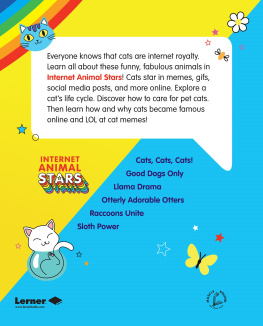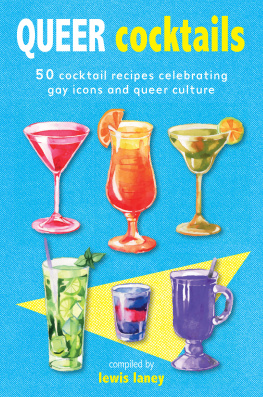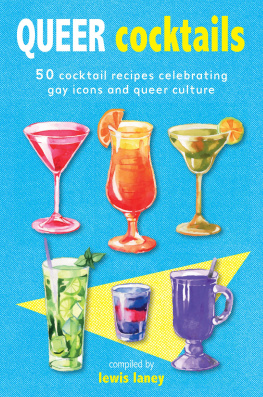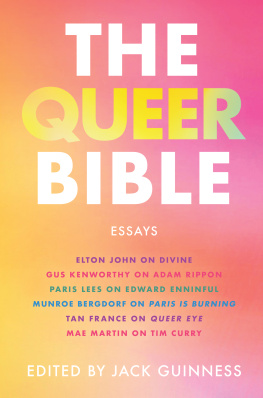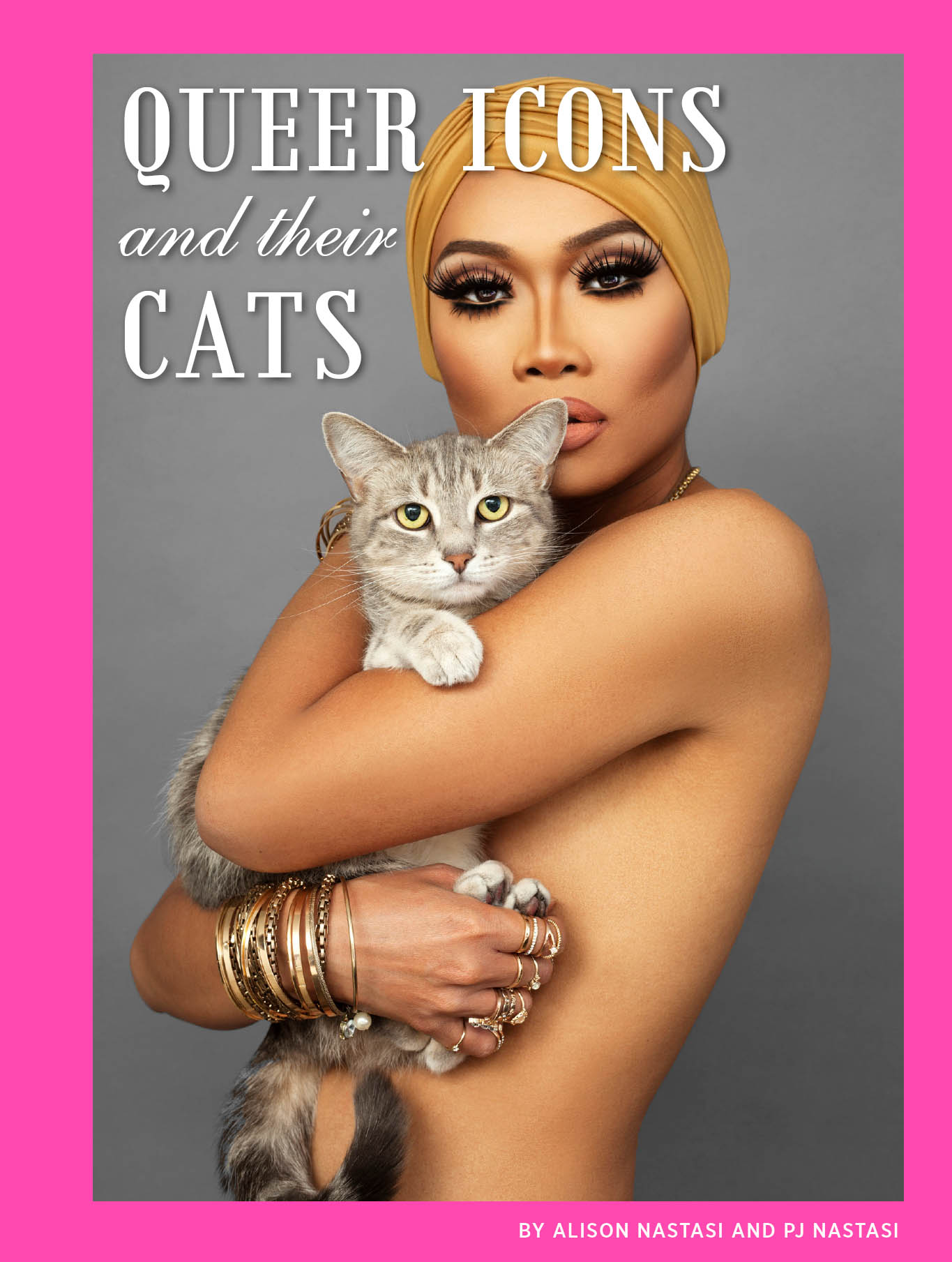

DEDICATION
This book is dedicated to LGBTQ people across the world and the cats that love them. Keep shining.
Text copyright 2021 by Alison Nastasi and PJ Nastasi.
All rights reserved. No part of this book may be reproduced in any form without written permission from the publisher.
constitutes a continuation of the copyright page.
Library of Congress Cataloging-in-Publication Data available.
ISBN 978-1-7972-0623-3 (epub, mobi)
ISBN 978-1-7972-0378-2 (hardcover)
Design by Kristen Hewitt.
Photo editing by Julien Tomasello.
Cover image Eric Magnussen.
Chronicle books and gifts are available at special quantity discounts to corporations, professional associations, literacy programs, and other organizations. For details and discount information, please contact our premiums department at or at 1-800-759-0190.
Chronicle Books LLC
680 Second Street
San Francisco, California 94107
www.chroniclebooks.com
CONTENTS
INTRODUCTION
The term Old Mastersis usually reserved for giants of the art world like Leonardo da Vinci, but even he understood that some creations rank far higher than the works of mere mortals. The Italian Renaissance painterwho depicted cats in nearly a dozen of his drawingsis quoted as saying that even the smallest feline is a masterpiece.
The ancient Egyptians thought so too. Bastetthe Egyptian goddess and daughter of the sun god Rais just one deity depicted with a felines head. Archaeological discoveries of centuries-old temples and burial sites containing thousands of mummies and ornate statues of cats confirm the existence of ancient cat cults in Egypt.
Other culturesincluding those of ancient Greece, Rome, and Chinahad their own interpretations of and reverence for the mighty feline. Despite being the subject of fantastical folktales, spooky myths, and superstitious legends, the cat has been adored and marveled over since the beginning of time.
Theres also evidence that queernessa term that has been reclaimed in both academic and mainstream contexts to describe sexualities that do not conform to normative, heterosexual expectationsand gender nonconformity have been a part of human life throughout the ages. Returning to Ancient Egypt for an example of this, archaeologists discovered that Pharaoh Nyuserres royal servants Niankhkhnum and Khnumhotep were buried together. They found depictions of the two men embracing and touching noses (a pose interpreted by art historians as kissing). Same-sex desire must be considered as a probable explanation, scholar Greg Reeder told the Independentin 2006: We can only say for certain that the carvings show a profound intimacy between the two men. Historical documentation of same-sex interactions and relationships, as well as variety in gender expression, can be found virtually everywhere. As the Nirvana song goes: What else could I say? Everyone is gay.
Despite changing cultural attitudes toward LGBTQ communities, queer folks today face much of the same discrimination and adversity that previous generations lived through. Advances have been made on certain fronts: Marriage equality has been enacted in twenty-eight countries worldwide, and LGBTQ visibility in media is higher than it has ever been. Still, discrimination against LGBTQ individuals is widespread, especially against queer and trans people of color. In housing, employment, and health care, LGBTQ people face many obstacles that straight, cisgender people rarely ever have to think about. Queer and trans peopleparticularly trans women of colorare more likely to be targets of violence. When it feels like no one understands or accepts you, when it feels like the entire world is against you, who can you turn to? Your cat, of course.
Multiple studies indicate that pet ownership is a balm for the soul. This may explain why, according to a 2007 national survey by Harris Interactive and Witeck-Combs Communications, seven out of ten LGBTQ households (71 percent) include a pet, compared with 63 percent of straight households. Americans have well-deserved reputations as animal lovers and pet owners, and our latest findings underscore that [LGBTQ] Americans are among the most avid, Wesley Combs, president of Witeck-Combs Communications, stated. The study also showed that 90 percent of LGBTQ pet owners consider their pet a beloved member of their family. Further, LGBTQ pet owners are more likely to own cats than straight pet owners are (63 percent versus 52 percent).
The 2003 Gay/Lesbian Consumer Online Census agrees that queer folks are more likely to own cats: 49 percent of LGBTQ people own at least one cat, ranking them more than 2 percent higher than LGBTQ dog owners.
Next page

